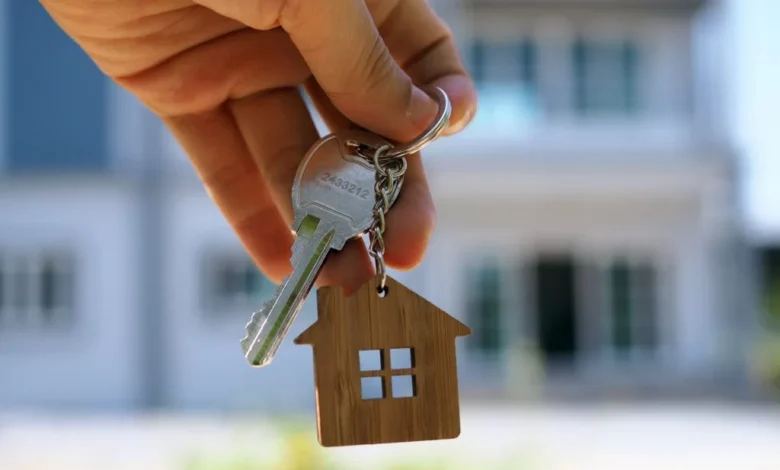What Landlords Need to Know About the Covenant of Quiet Enjoyment

If you’re a landlord, ensuring your tenants’ peaceful living is crucial. Understanding the Covenant of Quiet Enjoyment is key. This right grants tenants full access and enjoyment of their rented space.
While not explicitly defined, U.S. courts uphold this covenant. Your role in preserving quiet enjoyment is vital, from addressing disturbances to setting clear rules.
By including this clause in leases, you can protect tenants’ rights and foster harmonious living environments.
Legal Basis of Quiet Enjoyment
The legal basis of quiet enjoyment stems from your rights as a tenant to peaceful living conditions in rented properties. This foundation is crucial for understanding the covenant of quiet enjoyment and your tenant rights.
The quiet enjoyment clause ensures that you have the right to full access, use, and enjoyment of your rented property without disturbances. It may not be explicitly stated in U.S. law, but it’s upheld by courts as a fundamental aspect of tenant-landlord relationships.
Landlord Responsibilities and Duties
Preserving quiet enjoyment requires landlords to uphold specific responsibilities and duties towards their tenants. As a landlord, ensuring the quiet enjoyment of the property entails responding promptly to any disturbances that may affect your tenants’ peace.
Factors that could disrupt their quiet enjoyment might be beyond your control, but your responsibility lies in addressing these issues efficiently. Enforcing rules, minimizing conflicts, and adjusting your activities to respect your tenants’ rights are essential steps in fulfilling your duties.
Common Tenant Rights Violations
To effectively address common tenant rights violations, ensure you understand the key issues that can compromise quiet enjoyment tenant rights of their rented property. Some common violations include:
– Excessive noise disturbances
– Unauthorized entries by landlords or property managers
– Delayed resolution of health and safety concerns
– Lack of essential services like hot water or heat
– Harassment from other tenants or individuals on the property
These violations can significantly disrupt a tenant’s peaceful living environment, leading to dissatisfaction and potential legal action. As a landlord, it’s crucial to proactively address these issues, respond promptly to complaints, enforce property rules effectively, and maintain open communication with tenants to uphold their rights and ensure their quiet enjoyment of the rented premises.
Importance of Including Covenant in Lease
Including a clear covenant of quiet enjoyment in your lease agreement is essential for ensuring tenants’ rights are protected and expectations are clearly defined. By explicitly outlining the rights and responsibilities related to quiet enjoyment in the lease, you establish a framework for a harmonious landlord-tenant relationship.
This clause serves as a proactive measure to prevent potential disputes and misunderstandings regarding the tenant’s right to peaceful occupancy. Moreover, having this covenant in place can help educate tenants about their entitlements and the boundaries of acceptable behavior within the rental property.
In case of any violations or disturbances, the inclusion of this covenant provides a solid foundation for addressing issues promptly and enforcing necessary actions to maintain a peaceful living environment for all parties involved.
Practical Strategies for Landlords
Ensure you promptly address maintenance concerns to preserve tenants’ quiet enjoyment. Timely responses to repair requests demonstrate your commitment to upholding the covenant of quiet enjoyment.
Address disruptions to essential services like hot water or heating systems promptly to avoid infringing on tenants’ rights. Giving proper notice before entering rental units respects tenants’ privacy and contributes to a harmonious living environment.
Effective enforcement of community rules can prevent disturbances and maintain a peaceful atmosphere for all tenants. Clear communication during renovations or construction helps manage expectations and minimizes disruptions to tenants’ enjoyment of the property.
Conclusion
In conclusion, as a landlord, it’s crucial to understand and uphold the Covenant of Quiet Enjoyment to ensure the peaceful living environment of your tenants.
By fulfilling your responsibilities, addressing issues promptly, and including a Quiet Enjoyment clause in lease agreements, you can safeguard your tenants’ rights and maintain harmonious relationships.
Prioritizing quiet enjoyment not only benefits your tenants but also contributes to the overall success of your rental property business.




